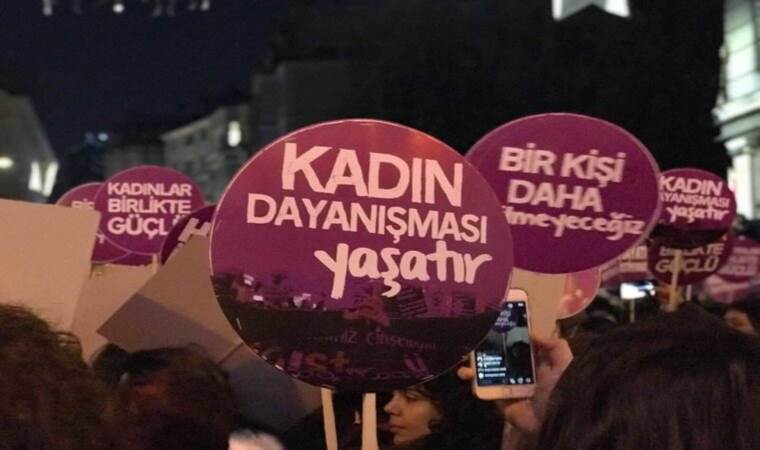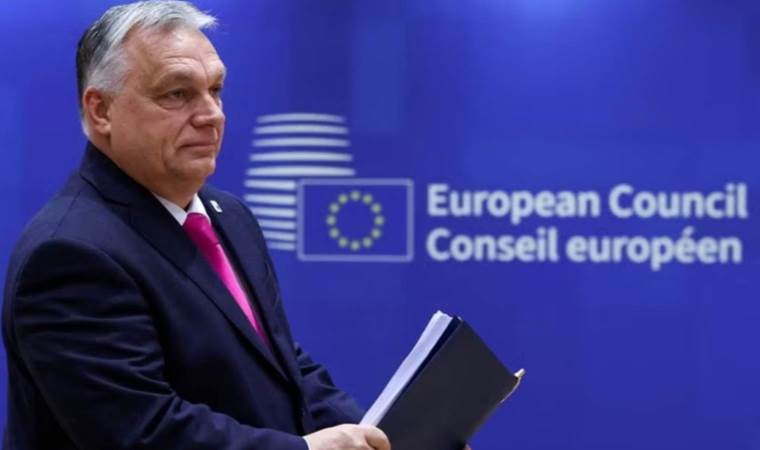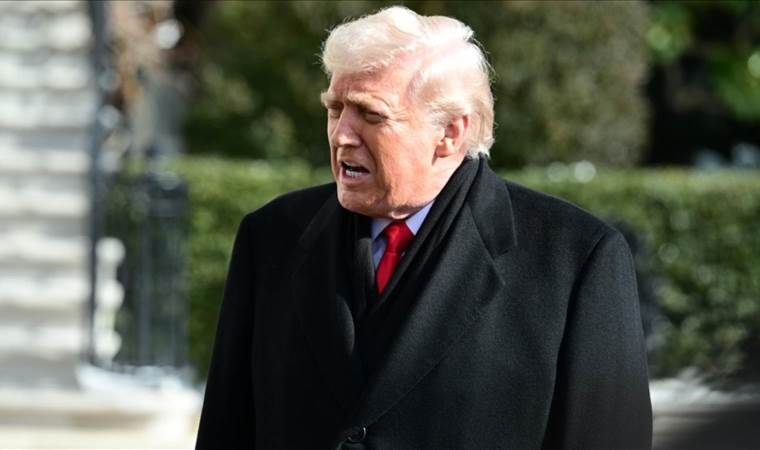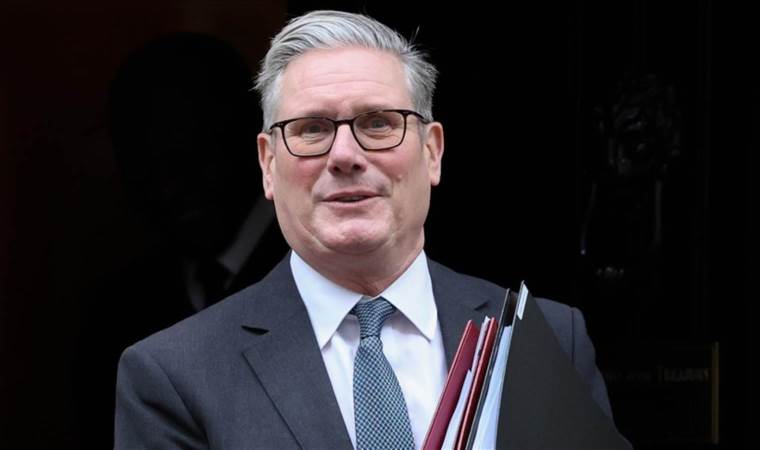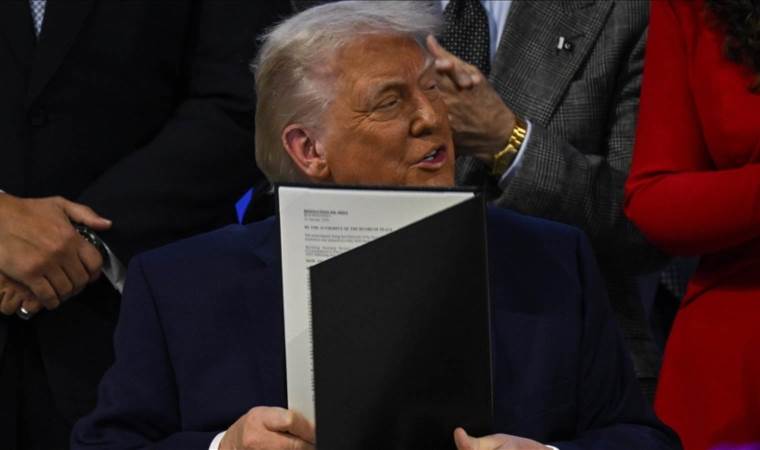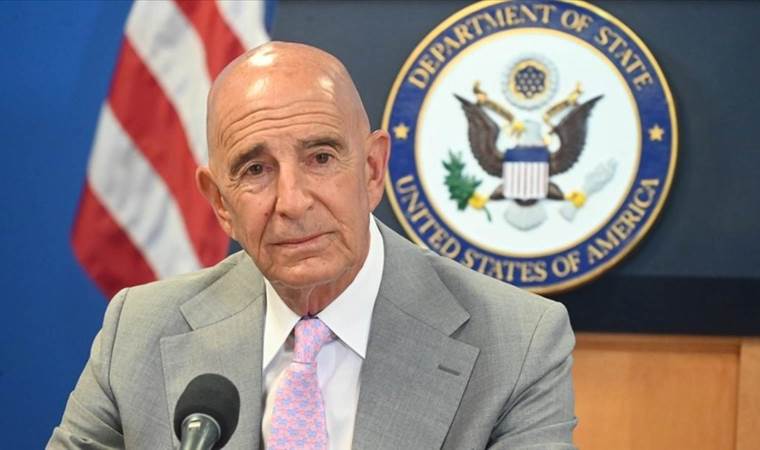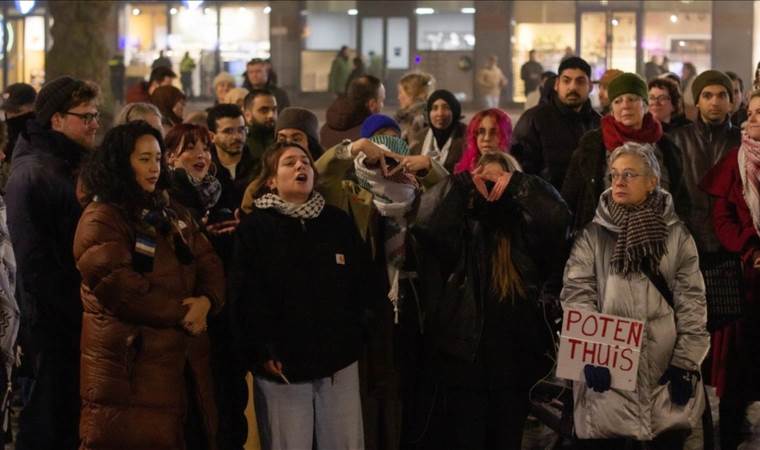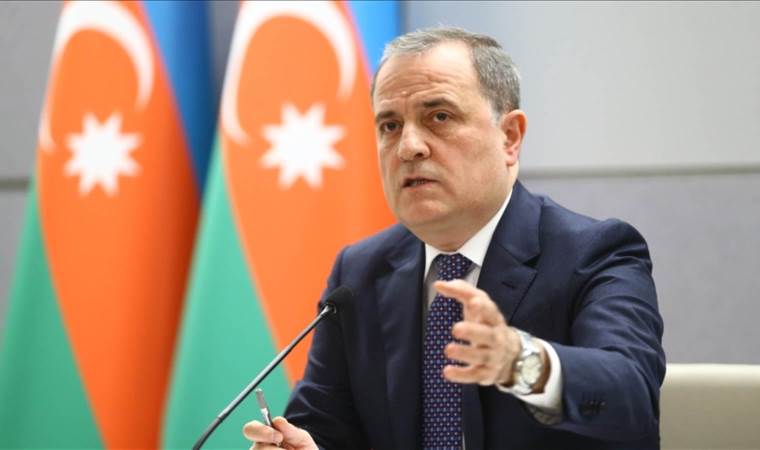Controversy in EU: Women's safety law lacks rape definition
The European Union has made significant progress by agreeing on its first collective regulation aimed at combating violence against women.
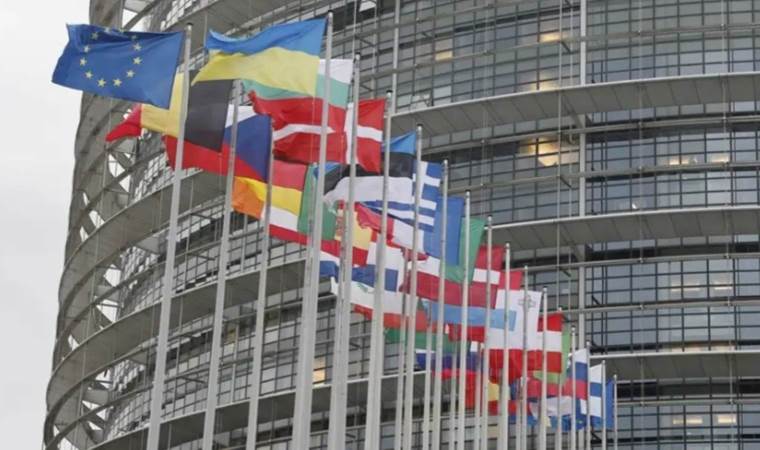
This legislation aims to protect women from gender-based physical or cyber violence, forced marriages, and female genital mutilation, marking a major step forward in the fight against gender-based violence.
Controversy Over Rape Definition
However, the regulation hit a roadblock when it came to defining rape. Despite initial proposals for a definition that did not require victims to prove coercion or threat, disagreements among member states led to its omission. This decision has been met with criticism, as it fails to ensure a unified stance on non-consensual sexual intercourse across all EU countries.
The debate highlighted the diverse legal frameworks within the EU, with some countries advocating for a "no means no" principle, while others, adhering to the Istanbul Convention, support the "only yes means yes" standard. The inability to reach a consensus reflects the complex legal and cultural landscapes across the EU.
The absence of a common definition of rape in the final text of the regulation has sparked disappointment among lawmakers and activists. Critics argue that the EU must continue its efforts to provide comprehensive protection against all forms of violence towards women, emphasizing the need for a clear legal stance on consent and sexual violence.
The regulation introduces critical measures against female genital mutilation, forced marriage, and cyber violence, including the non-consensual sharing of intimate images. It also calls for regular assessments to update and refine the legislation, demonstrating the EU's commitment to evolving its fight against gender-based violence. However, the controversy over the rape definition underscores the ongoing challenges in creating a cohesive legal framework across diverse member states.
Most Read News
-
 ISIS mission in Iraq
ISIS mission in Iraq
-
 US warship prepares to dock in Gulf of Aqaba amid region
US warship prepares to dock in Gulf of Aqaba amid region
-
 Trump weighs Iran strike as intelligence flags no immedi
Trump weighs Iran strike as intelligence flags no immedi
-
 ‘Engagement builds trust,’ UK Prime Minister Starmer urg
‘Engagement builds trust,’ UK Prime Minister Starmer urg
-
 Trump says he is not pulling ICE agents out of Minnesota
Trump says he is not pulling ICE agents out of Minnesota
-
 US envoy hails Syria-YPG integration deal as ‘historic m
US envoy hails Syria-YPG integration deal as ‘historic m
-
 France's Macron calls for ‘massive’ anti-drug plan targe
France's Macron calls for ‘massive’ anti-drug plan targe
-
 Protest held in the Netherlands over police violence aga
Protest held in the Netherlands over police violence aga
-
 Azerbaijan says it will not allow its territory to be us
Azerbaijan says it will not allow its territory to be us
